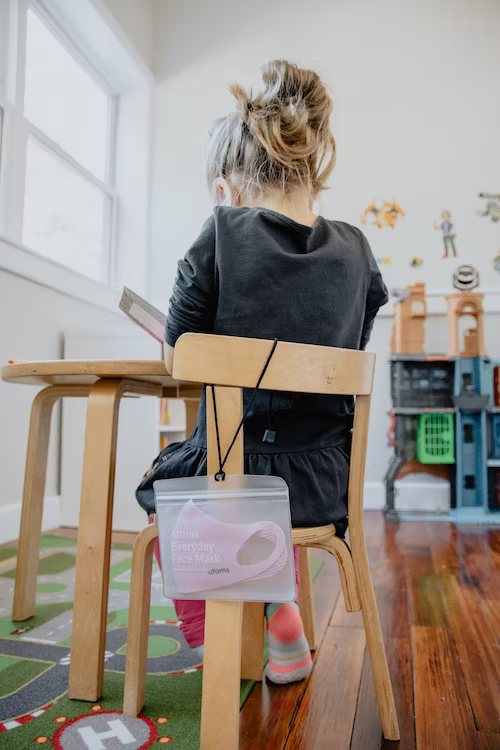3.1 Illness Prevention in Early Years Settings
Families choose to enroll their children in licensed child care programs for a wide variety of reasons. Some families may want their children to socialize with peers, learn from qualified educators, or to ensure their children are safe while their family members are engaged in work, school, or other activities requiring time away from their children.
Enrollment into licensed child care programs in Ontario requires that children follow the provincial immunization schedule. Vaccines provide protection from illness, not only to ensure children are protected from certain illnesses, but that their peers and the broader community are protected from preventable diseases, many being life-threatening.
Licensed child care programs and early years settings are required to follow protocol to ensure learning spaces are safe, healthy, and sanitary in order to prevent the spread of infection and reduce the transmission of illnesses. Many of these measures will be discussed in this chapter to support educators in maintaining spaces with preventative policies to reduce illness in early years settings. Measures include proper hand hygiene, daily health checks, diapering procedures, disinfection routines, and enhanced temporary protocols implemented during pandemics.
Mental health in early years settings became a high priority during the COVID-19 pandemic when schools and licensed child care programs were closed, preventing children from socializing with peers and potentially placing children in precarious situations without ongoing monitoring that takes place daily in schools and early years settings. Licensed child care programs were directed by the Ministry of Education to ensure resources were included in COVID-19 policies for families to support the mental health of children and their caregivers. These resources continue to be made available to families as both preventive and supportive measures.
“Now more than ever, How Does Learning Happen, Ontario’s Pedagogy for the Early Years (2014) is a key support for children, families and educators as we recover from the challenges of these difficult times. We know that it is critical to put measures in place to support the immediate health and safety of children, families and educators, however, emotional well-being should be given the same level of care and attention. Neglecting children’s need for responsive and caring relationships and for environments that support exploration, play and inquiry can result in significant long term risks to children’s mental health, well-being and capacity to learn” (Ontario Ministry of Education, 2020).


